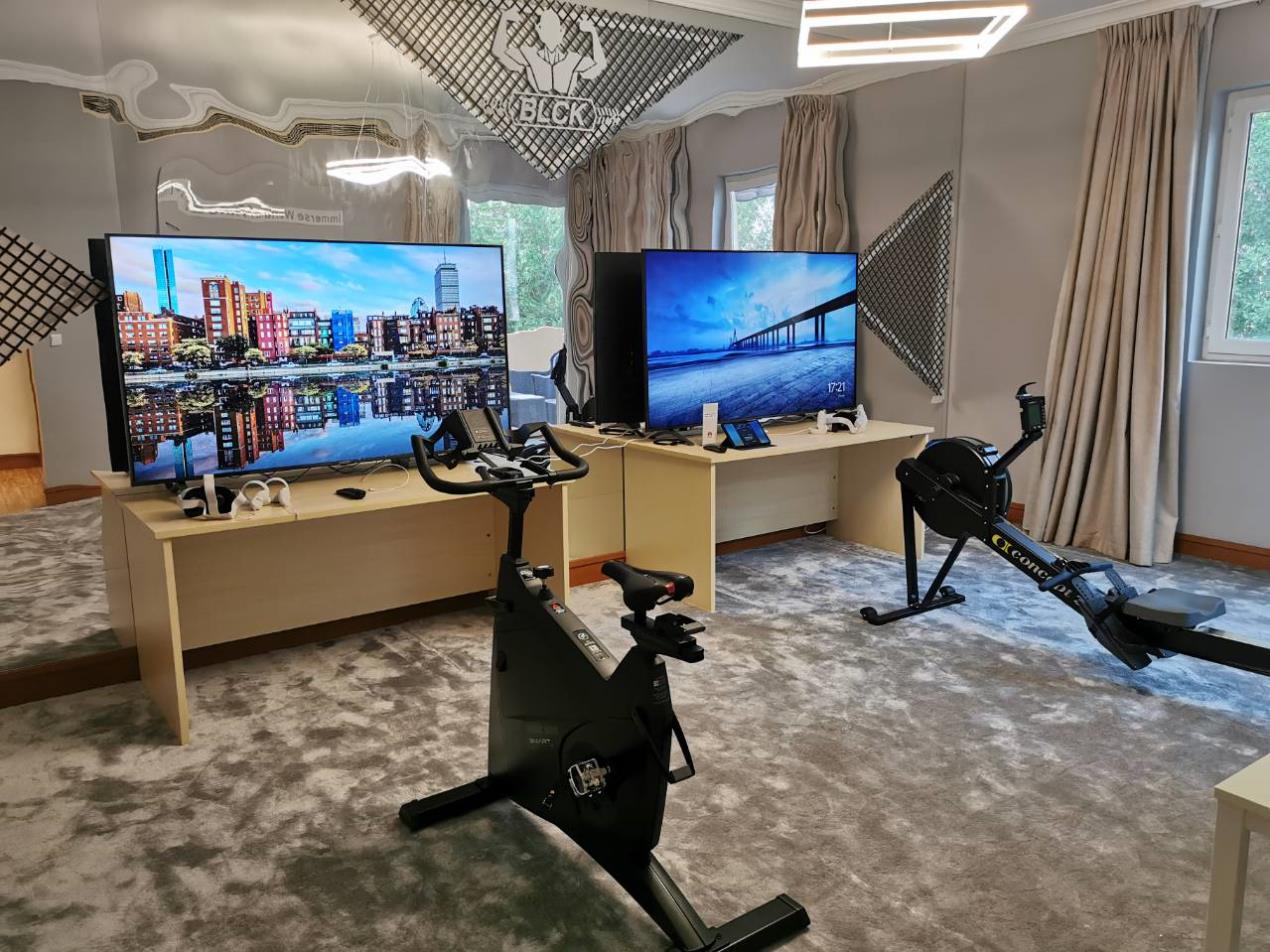Etisalat UAE part of e& today announced the successful testing of Fibre-to-the-Room (FTTR) solution. The FTTR solution is a revolutionary technology for intelligent home networks providing a solid bedrock for enhanced digital capabilities for millions of consumers in the UAE.
The FTTR solution also effectively eliminates challenges restricting speed limits within the home. In collaboration with Huawei, Etisalat successfully tested the FTTR solution demonstrating a superior customer experience of the solution capabilities in a six-bedroom multi-story villa.
The successful testing of the FTTR solution has set yet another benchmark in the networking segment, demonstrating next-level end-user experience. This revolutionary solution will enable smart city development, enabling home broadband networks to be ready for disruptive innovation and transformation. This is essential, especially during the pandemic when the broadband network has become a digital lifeline for families confined to their homes. With children attending online learning, more people working from home and accessing day-to-day services related to shopping and health online, a reliable and high-speed internet connection has become necessary.
"The completion of the successful trials of the FTTR solution is a testament of Etisalat’s long-term commitment to provide a resilient fibre network so that our subscribers can enjoy ubiquitous high-speed connectivity and low latency networks, thereby continuing to create new experiences and value," said Abdulrahman Al Humaidan, Senior Director, Fixed Access Network, Etisalat UAE.
In FTTR solutions, fibre is used to replace traditional network cables or Wi-Fi networking, to achieve premium experience of full gigabit coverage, seamless Wi-Fi roaming, and intelligent management. Gigabit Wi-Fi can reach every room in the house, ensuring smooth connectivity and no interruptions. With intelligent management systems in place, faults can be remotely located and rectified in one-click mode, improving fault locating and rectification efficiency.
Traditional Wi-Fi solutions over ethernet cables are susceptible to interference affecting performance significantly across the house as signals pass through walls. The solution includes deploying optical fibre to substitute Ethernet copper cables which can be extended to rooms easily by either reutilising the existing concealed utility conduits or deploying an exposed transparent fibre without affecting the aesthetic appeal. It will ultimately benefit consumers with large living spaces and the online gaming community requiring reliable high-speed connectivity.


